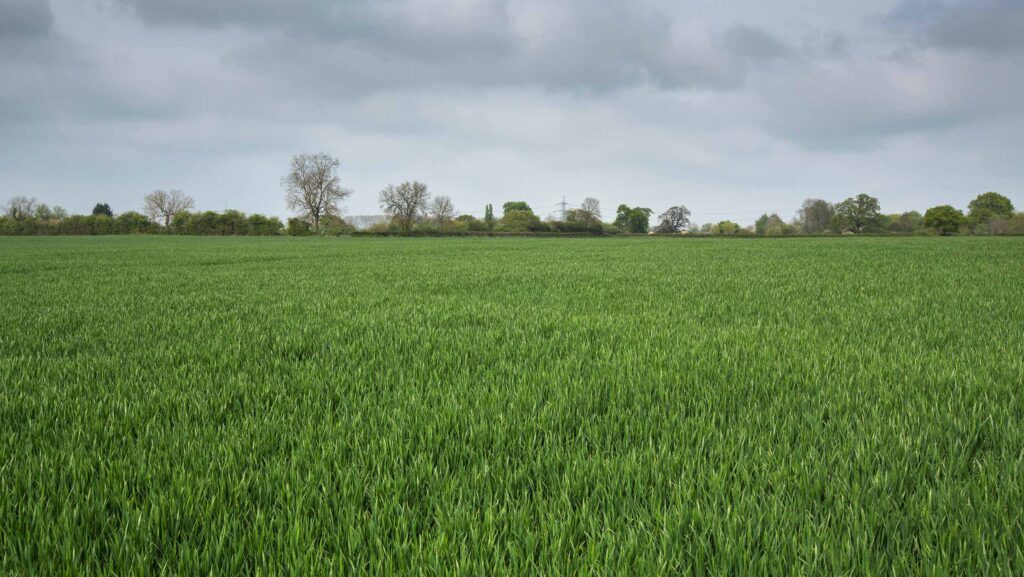Researchers granted £2.2m to trial gene-edited wheat
 © Tim Scrivener
© Tim Scrivener Researchers in the UK have been awarded £2.2m to trial a precision-bred wheat variety which could lead to the development of more sustainable farming systems.
The funding awarded to researchers from the University of Nottingham for the Platform to Rate Organisms Bred for Improved Traits and Yield (Probity) project represents a significant step toward developing more sustainable farming systems through precision-bred crops.
See also: Government pledges to roll out gene-edited crops in England
There are three cereal varieties in the project: A wheat with superior baking, toasting and processing properties, a barley-making high lipid, high-energy forage aimed at lowering livestock methane emissions and a wheat with a bigger, bolder grain size, promising a “step change” in productivity.
The collaboration between farmers, scientists, and food manufacturers aims to explore the practical applications and benefits of these gene-edited crops, which could be pivotal in addressing the challenges of increasing food production while minimising environmental impact.
Led by the British On-Farm Innovation Network (Bofin), this is a three-year, multipartner project, funded by Defra’s Farming Innovation Programme, which is delivered by Innovate UK.
Oxfordshire farmer Tom Allen-Stevens, founder and creator of Bofin, said: “This is an incredibly important project for farming and food production in this country.
“We need to produce more nutritious food with fewer resources and with less impact on the environment. Scientists have been developing new crop varieties that could help us rise to that challenge.
“This project will bring those varieties from the laboratory to farmers’ fields, where we can fully assess their potential, explore barriers to their adoption and pave the way for future innovation.”
Labour backing
The new Labour government has pledged to press ahead with plans to unlock the benefits of the Genetic Technology (Precision Breeding) Act in England as soon as parliamentary time allows.
Labour says the precision-breeding technology will help to boost food production, cut farmers’ costs and promote the development of drought- and disease-resistant crops.
But opponents of gene-edited crops, including Beyond GM, have concerns about their potential impact on the environment, human health, and biodiversity.

